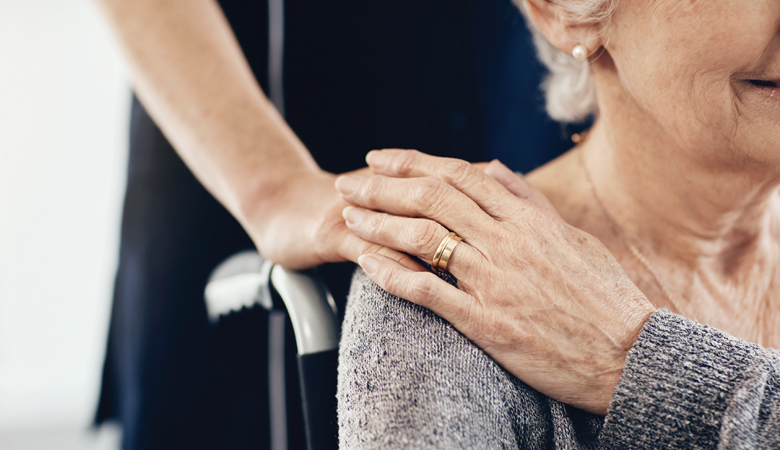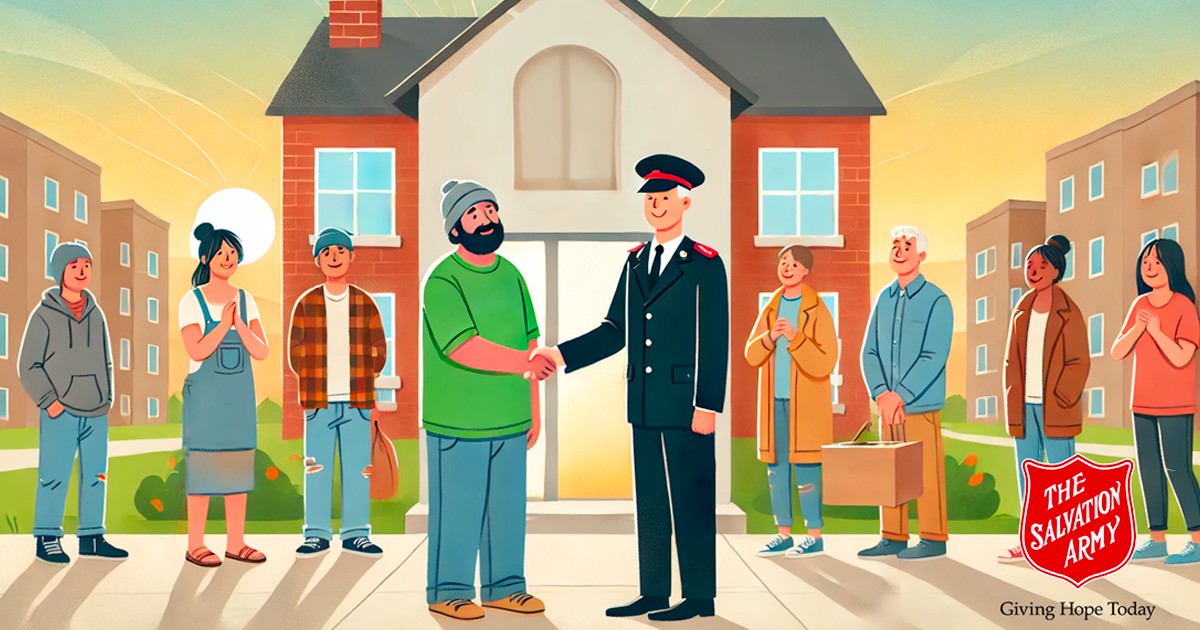Andrea is not alone in her experience as a caregiver. Medical innovation and discovery have resulted in longer lifespans. As a result, families are taking on the role of caregivers. More than eight million Canadians care for a loved one at home who has a debilitating physical or cognitive condition. Of these caregivers, 6.1 million are employed, balancing their caregiving responsibilities with work and personal life, often including the care of children as well. It has been called the sandwich generation, or the panini generation, because of the immense pressure placed on people.
Canada has experienced a huge demographic shift. In Ontario alone, more than 36,000 people are waiting to move into long-term care homes. Unless more spaces are created, this number will continue to rise as baby boomers age. It is estimated that by 2035, there will be a need for 199,000 more beds across Canada.
There are more than 10,000 centenarians in Canada, and this number is expected to climb to 78,300—the size of Victoria—by 2061. By 2026, a quarter of the Canadian population will be over 65 years old. As the number of baby boomers increase, so will our needs. Extended lifetimes also mean an increase in the need for medical care as we age.
Family caregivers play a significant role in society as the invisible infrastructure of our health-care system. They fill many gaps and are often hidden health-care providers, sacrificing their own well-being, social lives and financial means to ensure their loved ones’ needs are met. Some take a leave of absence from work, turn down job opportunities or leave their employment to care for their loved ones. Every year, there are 18 million lost workdays, and $1.3 billion dollars in lost productivity. Some two-income families manage on one income so that one person can stay home as a caregiver. Their actions, whether by choice or necessity, are motivated by love and honour for their family member.
But who cares for the caregivers? This is an important role for the church to fill. Caregivers shouldn’t be on this journey alone. They need a support system around them to help them cope. They need respite from caregiving, reassurance, a listening ear, understanding, kindness, practical assistance and our prayers. The church can do that. We can care for the caregivers.
The Bible says much about caring for others. In the parable of the Good Samaritan found in Luke 10, we are reminded of the importance of being a good neighbour, especially to those who have fallen on tough times and need support. When Jesus asked, “ ‘Which of these three (the priest, the Levite or the Samaritan) do you think was a neighbour to the man who fell into the hands of robbers?’ The expert in the law replied, ‘The one who had mercy on him.’ Jesus told him, ‘Go and do likewise’ ” (Luke 10:36-37). The words of Jesus are important for us to hear today—“Go and do likewise.”
We seldom know all that is going on in someone’s life. As we interact with people at work, church or in our neighbourhoods, we see only a fraction of their story. They may be carrying an extra-heavy load. Let’s be good neighbours, people who listen and extend mercy and grace. It has been said, “It takes a village to raise a child.” This concept can be extended to other stages of life as well. It takes a village to care for each other throughout a lifetime.
Major Glenda Davis is the social services secretary for the Canada and Bermuda Territory.
Photo: gradyreese/E+ via Getty Images










Comment
On Sunday, June 14, 2020, Joyce Reid said:
On Friday, June 12, 2020, Lynne McDormand said:
Leave a Comment